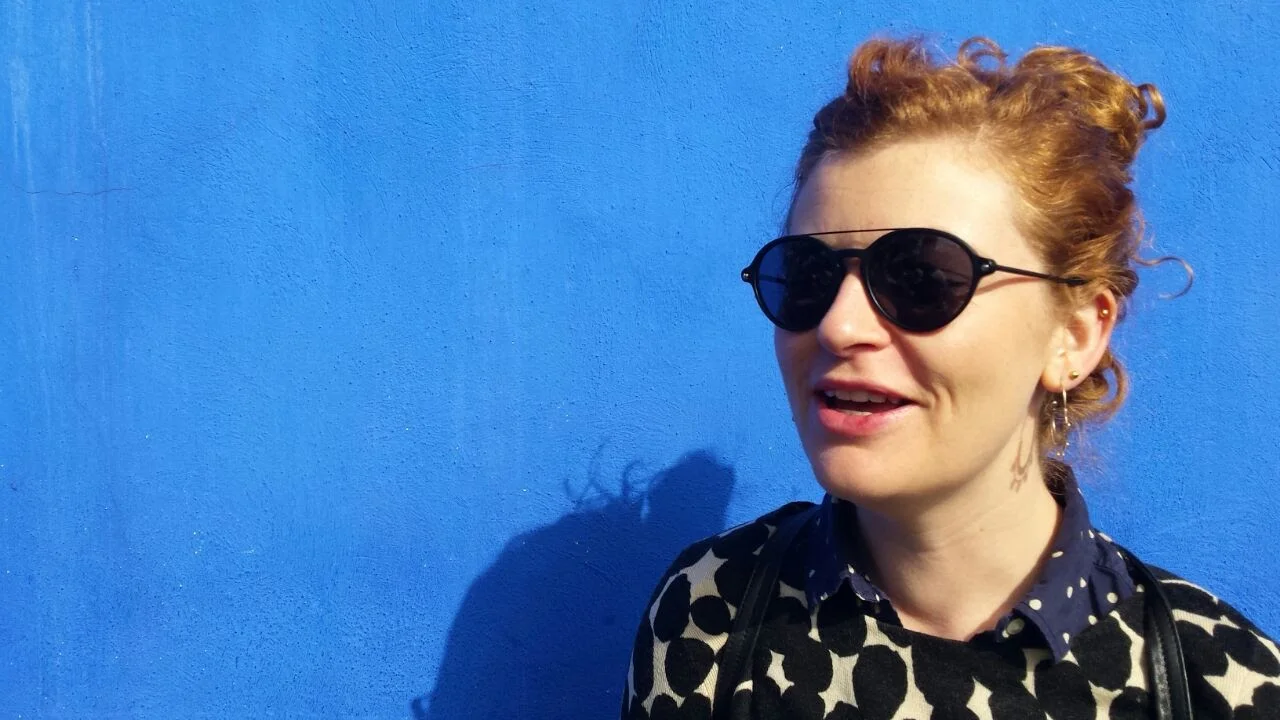
Zoe Carey
Zoe Carey is a Ph.D. Candidate in Sociology at The New School for Social Research. She is interested in the impact of data-driven technologies on organizations and issues of expertise and accountability in algorithmic decision-making.
Zoe Carey is a Ph.D. Candidate in Sociology at The New School for Social Research. She is interested in the impact of data-driven technologies on organizations and on issues of expertise and accountability in algorithmic decision-making. Her dissertation addresses these questions in the field of policing. By tracing algorithmic assemblages from creation to acquisition and finally implementation across private and public sectors, her project maps the social life of a predictive policing algorithm.
Building on ethnographic approaches to studying algorithms, Zoe’s research examines interfaces as a means of peering inside the black box. Interfaces mediate interactions between the human and technical components of predictive policing, allowing us to see how humans influence and interpret the algorithm’s code. But these interfaces also serve as boundary objects mediating interactions between industry representatives, who design and market new technologies, and the police who implement them in test-bed cities. Predictive policing interfaces obscure the power of design decisions, while simultaneously shaping the spatio-temporal nature of police work. Focusing on the myriad actors and institutions implicated in predictive policing programs opens the box and allows the public to question and hold individuals accountable for the design and use of predictive algorithms.
Zoe’s collaborative work on predictive policing in London has been published in New Media & Society. In addition to her studies and work at The New School, Zoe served on the SENS-UAW bargaining committee as the union of academic student workers negotiated their first contract with the university.




